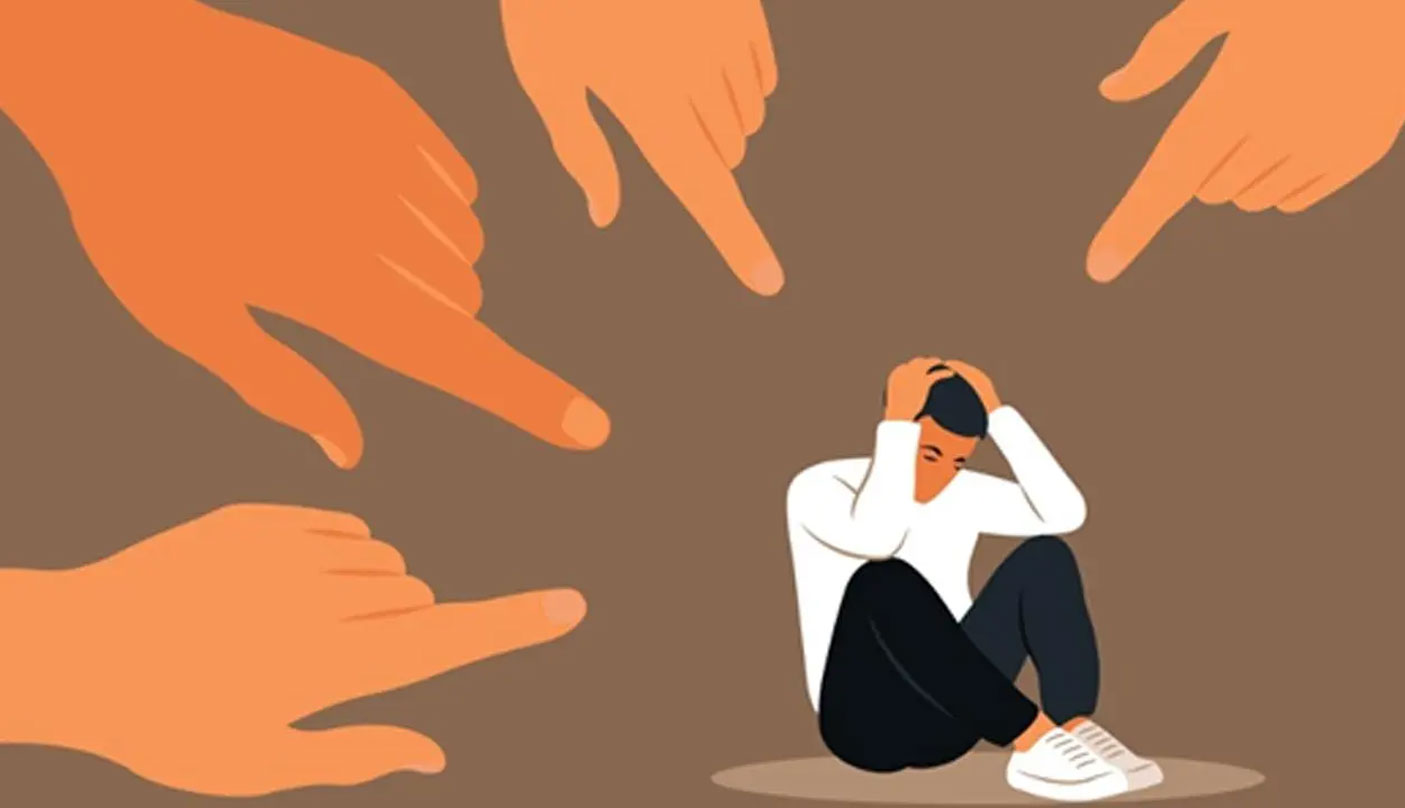Consumers facing harassment from banks have several legal recourses available to protect their rights and stop abusive practices. Here’s a detailed overview:
1. Fair Debt Collection Practices Act (FDCPA):
In the United States, the FDCPA is a key piece of legislation that protects consumers from abusive debt collection practices. While it primarily governs third-party debt collectors, many of its principles also apply to banks and other financial institutions. Key provisions include:
Prohibition of Harassment: The FDCPA prohibits debt collectors from using abusive, unfair, or deceptive practices to collect debts. This includes threats of violence, use of obscene language, and repeated phone calls intended to annoy or harass.
Time Restrictions:Debt collectors can only contact consumers between 8 a.m. and 9 p.m., unless otherwise agreed by the consumer. Cease and Desist Letters: Consumers can send a written request to the debt collector to stop all communication. Upon receiving this request, the collector can only contact the consumer to confirm receipt and to notify them of specific actions they intend to take, such as filing a lawsuit.
2. Consumer Financial Protection Bureau (CFPB):
The CFPB is a regulatory body in the U.S. that oversees financial institutions and enforces consumer protection laws. Consumers can file complaints directly with the CFPB if they experience harassment from banks. The CFPB will investigate the complaint and can take enforcement actions against banks violating consumer protection laws.
3. State Laws:
Many states have their own debt collection laws that provide additional protections beyond the FDCPA. These laws can vary significantly but often include stricter regulations on debt collection practices and additional avenues for consumers to seek redress.
4.Legal Actions:
Consumers have the right to sue banks or debt collectors for harassment. Legal recourse includes Lawsuits for Damages: Consumers can file lawsuits against banks for actual damages caused by harassment, such as emotional distress or financial losses. In some cases, consumers may also be entitled to statutory damages. Class Action Lawsuits: If many consumers are affected by similar harassment practices, they can band together to file a class action lawsuit. This can lead to significant penalties for the offending institution and compensation for affected consumers.
5. Bankruptcy Protection:
Filing for bankruptcy invokes an automatic stay, which immediately halts all collection activities, including harassment from banks. This legal protection gives consumers relief from harassment while they resolve their financial issues through the bankruptcy process.
6. Attorney General and Regulatory Agencies:
Consumers can report harassment to their state Attorney General’s office or other regulatory agencies overseeing financial institutions. These bodies can investigate and take action against banks that engage in illegal or unethical debt collection practices.
7.Legal Aid and Consumer Rights Organizations:
Non-profit organizations and legal aid societies offer free or low-cost legal assistance to consumers facing harassment. These organizations can help consumers understand their rights, draft cease and desist letters, and represent them in legal actions.
Steps to Take:
1. Document Harassment: Keep detailed records of all harassing communications, including dates, times, and the nature of the harassment.
2. Send a Cease and Desist Letter: Inform the bank in writing to stop all harassing communications.
3. File a Complaint: Submit a complaint to the CFPB, state Attorney General, or relevant regulatory agency.
4. Seek Legal Counsel: Consult with an attorney specializing in consumer protection law to explore options for legal action.
Conclusion
Consumers do not have to endure harassment from banks. By understanding their rights and the legal recourses available, they can take steps to protect themselves and hold offending institutions accountable.
Also Read- https://settleloan.in/blog/debt-settlement/the-role-of-debt-settlement-companies-are-they-worth-it/
Get in touch with us today at www.Settleloan.in and embark on your path to financial freedom



